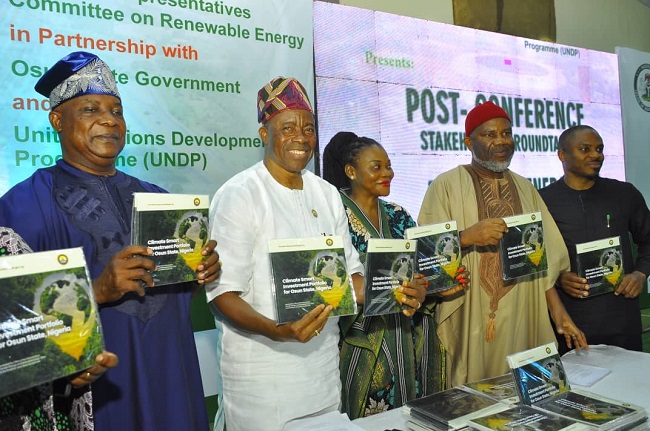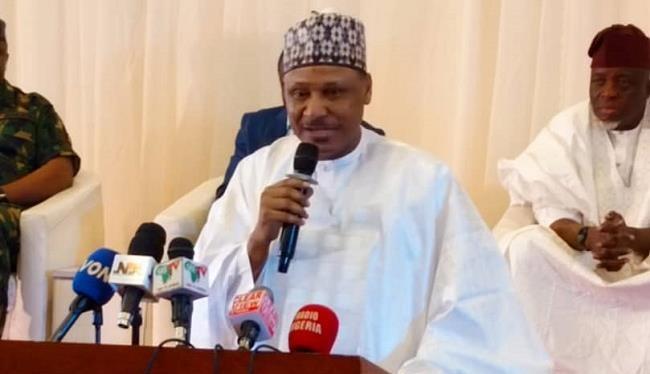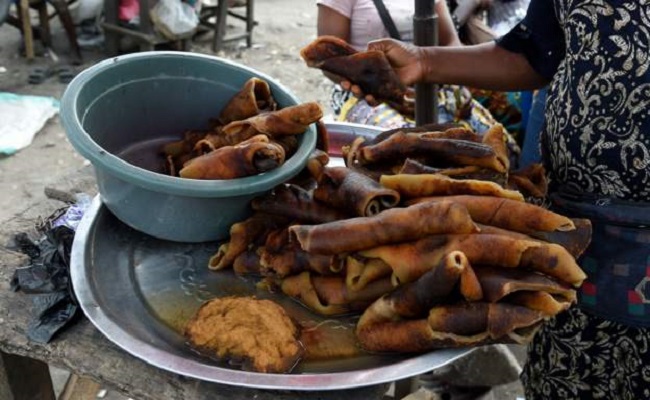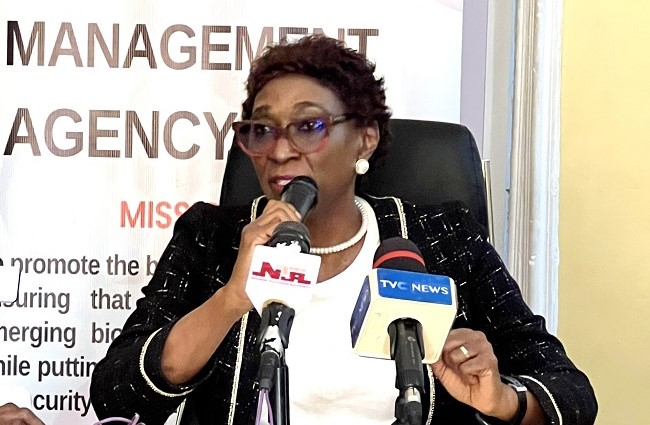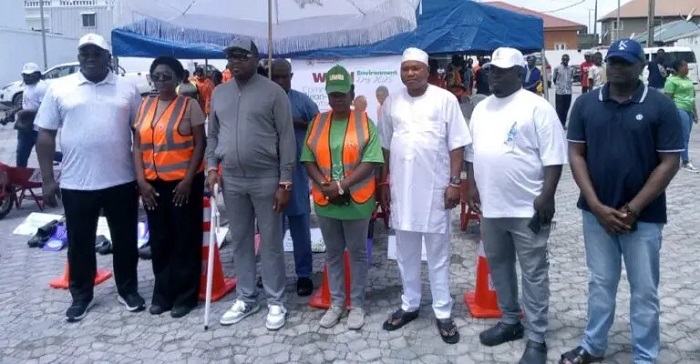In celebration of 2025 World Environment Day, the Association of Waste Managers of Nigeria (AWAMN) has lauded several efforts being put in place by President Bola Ahmed Tinubu in managing environmental resources and ensuring its availability for future generations.
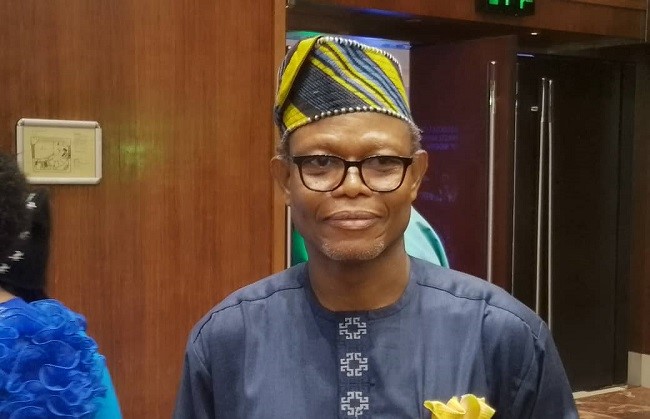
Dr. Olugbenga Adebola, National President of AWAMN, gave this commendation in a statement issued in Lagos on Wednesday, June 4, 2025, during a media session in honour of Mr. President.
He noted that, since 2008, the Association had bestowed the highest honour and recognition on the President based on his pioneering and reformative programmes on waste management in Lagos State while he was seated as the Executive Governor.
Adebola said: “Lagos that was once tagged as the dirtiest state in the world was transformed into one of the cleanest cities in Africa with lots of local and international awards and recognitions, so much so that the then Federal Government administration in place gave two different awards to Lagos State for the transformation, aesthetics, job and wealth creation.”
The statement reads in part: “Due to his sagacity, tenacity, dedication and commitment to the environment, his transformative agenda, job and wealth creation, Asiwaju Tinubu whom the Association also decorated as the Generalissiomo of the Environment developed a pro-poor home-grown waste management model tagged the PSP. This home-grown waste management system did the magic of transforming Lagos State through house-to-house waste collection and eradicating the mountains of waste that dotted the landscape of the state.
“Asiwaju’s feat and success soon became a reference point and role model that was adopted by close to 30 states in Nigeria. It also attracted so many African countries that came to understudy the Lagos Model. As an Association, we are proud to be known as one of the sustainable legacies of Asiwaju in Lagos State and now across the country.
“In view of this, we decided to celebrate our Grand Patron – The Generalissimo of the Environment – on his administration’s midterm achievements, coincidentally at this period when the whole world is marking the 2025 World Environment Day under the theme: ‘End Plastic Pollution’. This is not about politics, but about performance, antecedents, future plans and renewed hope assurances.
“President Bola Ahmed Tinubu’s administration has made notable strides in environmental sustainability, particularly in waste management and circular economy over the last two years.”
The group listed some key achievements to include: Cleantech Innovation Policy, Sustainable Energy Access Project (SEAP), Circular Economy Initiatives, Climate Change Act: Enacted in January 2024, Clean Cooking Gas Initiative, Greening the Sahel Initiative, Oil and Gas Sector Reforms, Sustainability Reporting, International Cooperation, Ending Open Defecation, Energy Transition Plan, Carbon Market Activation Policy, Global Climate Change Investment Fund, Sovereign Green Bond, Presidential Compressed Natural Gas (CNG) Initiative (Pi-CNG) and Climate-Smart Agriculture.
By Ajibola Adedoye

